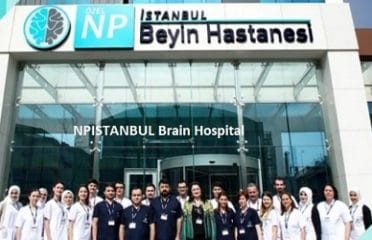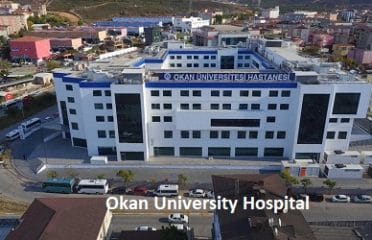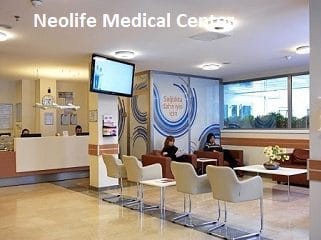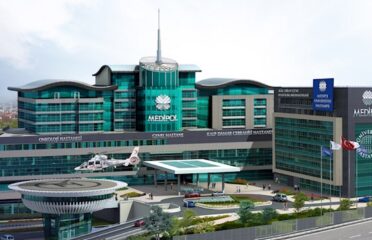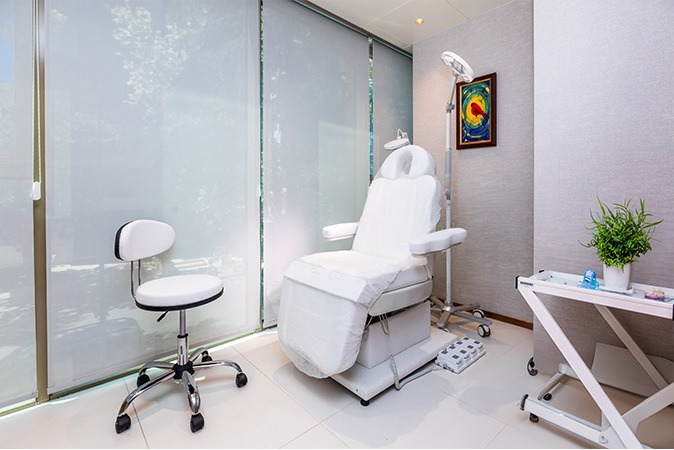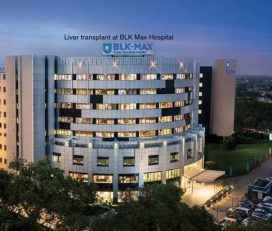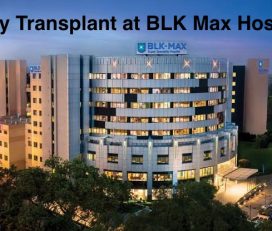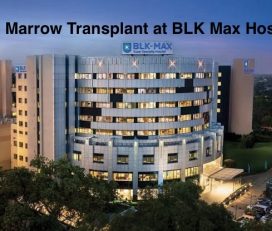
Atrioventricular (AV) Canal Surgery in Turkey
Atrioventricular canal defect is a combination of heart problems which results in a heart center defect. The condition occurs when there is a hole between the chambers of the heart and the valve problems which control blood flow in the heart. Atrioventricular defect in the canal causes excess blood to flow to the lungs. The excess blood causes the heart to overwork, leading to an swollen heart muscle.
Surgery is required to correct complete and partial defects in the atrioventricular canal. The technique involves closing one or two sections of the opening in the wall (septum) between the heart chambers. The patches permanently stay in the heart, becoming a part of the septum as the lining of the heart grows over them.
The surgery also involves repair of the mitral valve for a partial atrioventricular canal defect, so it closes tightly. The valve will need to be replaced if repair is not feasible.
With a complete atrioventricular channel defect, the procedure often involves the division of the wide single valve dividing the upper and lower chambers of the heart into two valves on both the left and the right side.
After successful Atrioventricular canal surgery your child will likely lead a normal life, often with no activity restrictions.



